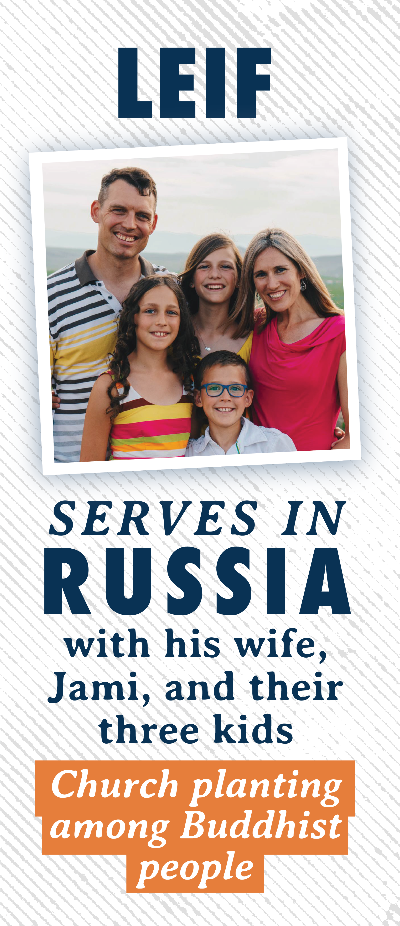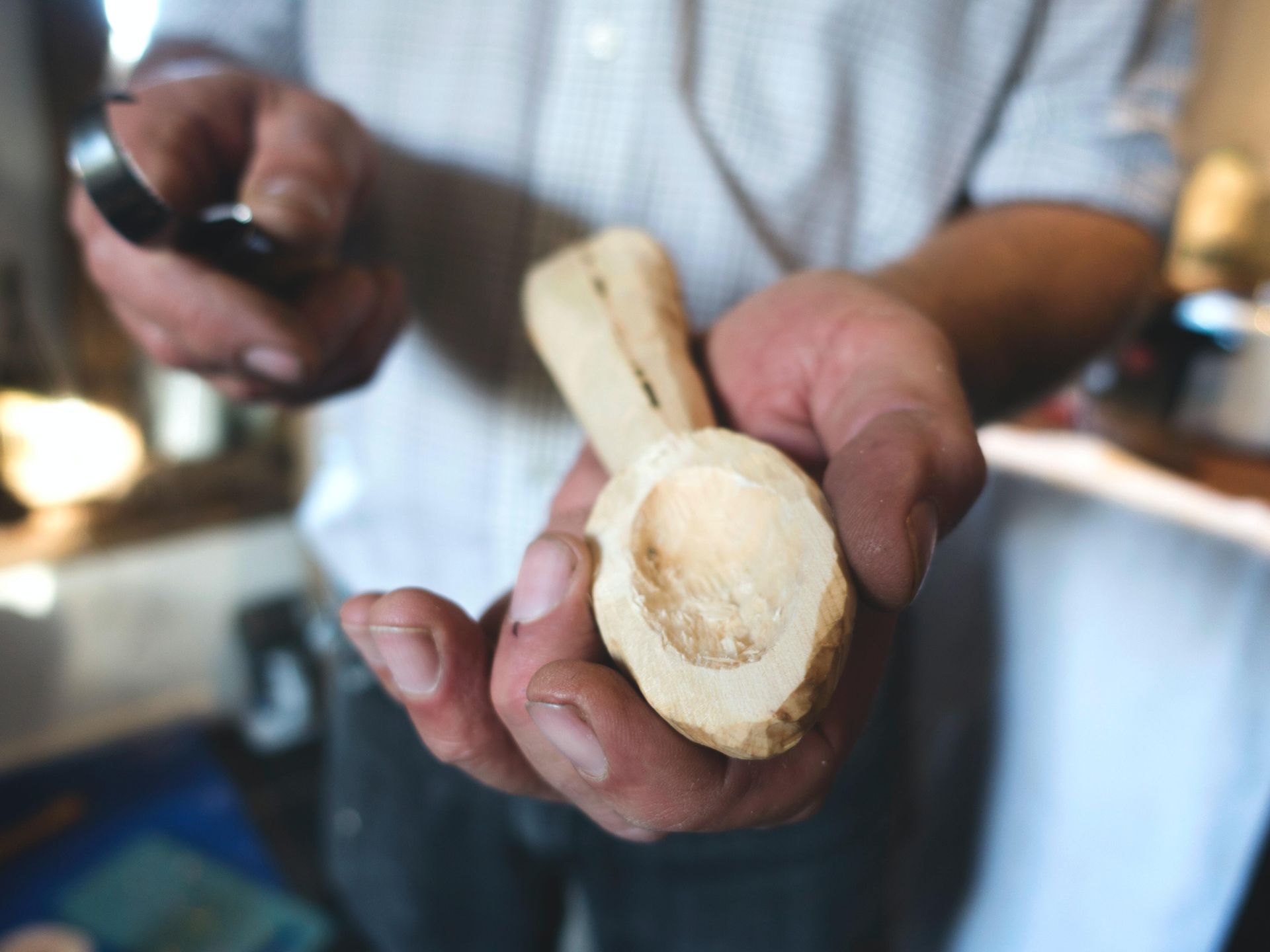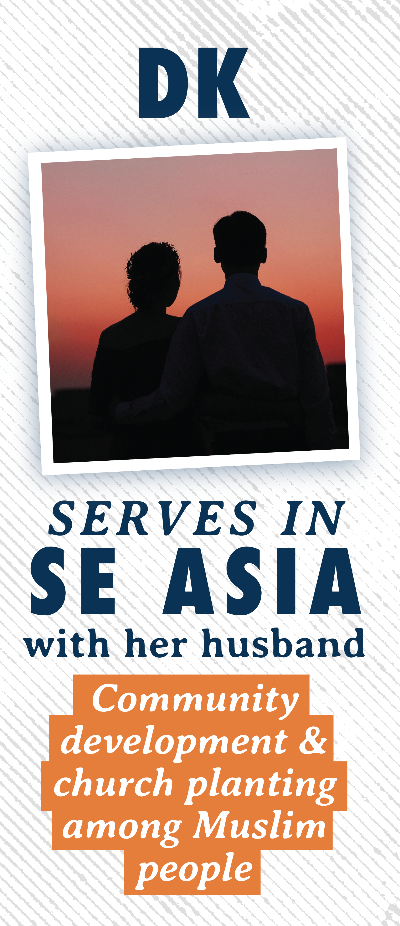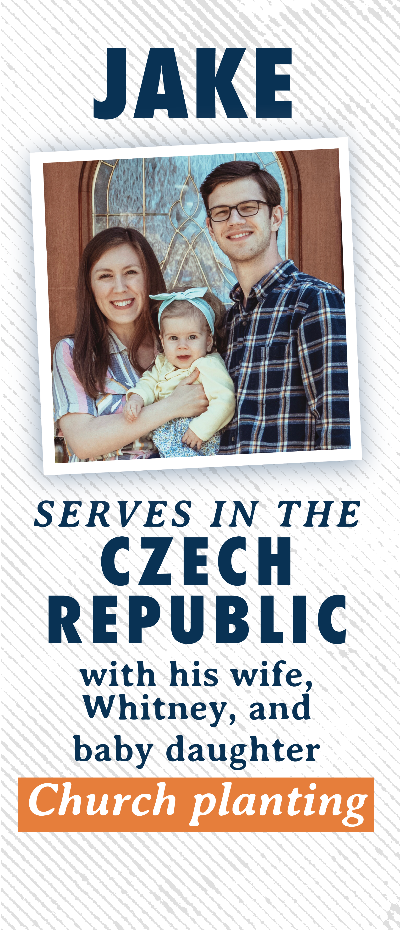| God Doesn't Waste Anything
"I brought a hodgepodge of stuff to the table, which would not have made sense to me 20 years ago, but seeing it from this side makes all the sense in the world. I was an MK here in Madrid for the first 12 years of my life, so the love of this culture and language is a given. But in the next two decades after that I studied music for a while at the Conservatory of Music, and Wheaton College. Then switched and graduated with Christian Education, Intercultural track. My jobs after that included World Relief, Secretarial jobs at churches, and finally, I also worked as a Project Manager for Big Idea Productions (the originators of VeggieTales) before coming to the field. All of that time I was at the side of my husband, who was always a Youth Pastor and Speaker. And somehow, we parented four amazing kids who bumped around from one place to another with us. There is not much that I don't bring to the field: creativity, a heart for the lost and youth, administrative skills, event planning, writing, teaching, and now, even video production! God doesn’t waste anything!"
|











